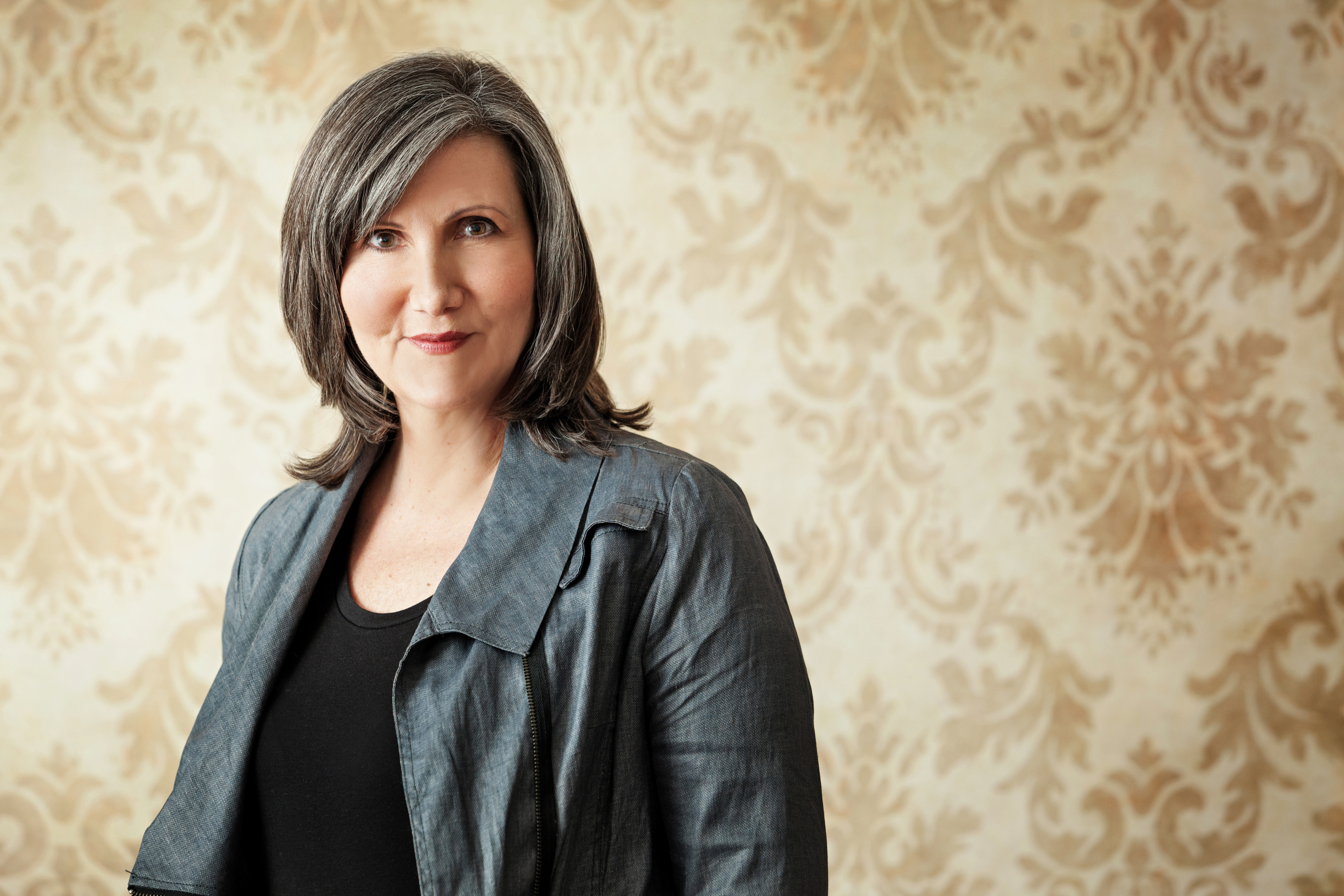
You feel it in your gut – that dark, sick, twisted feeling deep inside. Everyone knows something has to change. It’s become critical, maybe even life-threatening.
You’ve been living in a state of fear or constant worry, feeling stuck. Maybe it’s your sister, your spouse, your child, an uncle, or a life-long friend who feels hopeless. They’ve tried everything, but nothing has helped, or maybe they are in a state of denial, refusing your help.
You’ve done your best, but you’re quickly running out of solutions. Now you’re starting to lose hope too.
The person suffering is not making good decisions or choices. They are in an emotional state. Your logical solutions bounce off of them without impact.
There are many factors that play into why a person in crisis is unable to make good life choices, but now is not the time for reasoning. Now is not the time to lay blame or examine the past. Now is the time for action.
In a crisis, the immediate focus is to ensure physical and emotional safety. Keeping the person in crisis- safe mode may involve reaching out to get help from emergency services for stabilization.
Perhaps a young adult is talking about or has attempted suicide, or a spouse has just been arrested and charged with DUI. Maybe it’s a child that refuses to leave her/his bedroom and is abusing alcohol, cannabis and self-harming. They refuse to shower, and are up all night and sleep all day.
I am the Director of Therapeutic Wellness and co-founder of Emergo Recovery – an integrative, residential, holistic recovery, and wellness program. Our methodology presents a new paradigm helping people struggling mentally and emotionally overcome their pain and struggles. We’ve created a brain-first approach to wellness and recovery, leveraging evidence-based applied neuroscience.
I possess a first-hand experience helping families in crisis. Over the past decade, I have answered ‘that’ phone call where the family has reached their end and are desperate for help.
The person that they love is in a downward spiral of self-destructive behaviors, patterns or choices, and the family is in a near-constant state of stress, worry, and fear.
Whatever prompted the call, it’s reached the tipping point. Without intervention, the risk to continue the current path is no longer an option.
So, how do you help a loved one in crisis? Here are two recommendations:
- Listen without judgment or believing that you have the answer. Ask non-leading questions that will help the one you care about begin to formulate thoughts and self-discovery. Find common ground. Here is an interview that Oprah had with Thich Nhat Hahn (Buddhist monk and peace activist) explaining the importance of compassionate listening to create peace.
- You must get clear on your boundaries. Establishing ‘what’s okay’ and ‘what’s not okay’ is omnipotent before you can begin to help anyone. Write it out. Be clear. It is about you. It is not about forcing someone or trying to scare or threatening them to change. Here’s a fabulous video with Brené Brown, PhD that brilliantly explains the importance of boundaries.
We recommend to our families a book called The Power of TED (The Empowerment Dynamic), by David Emerald. TED is about escaping the DDT (the Dreaded Drama Triangle) and how to move from a life as a victim to live an empowered life as a creator.
The Power of TED identifies triangulation and how a victim leverages this persona to have control of the relationship. That’s right. The victim has control and power. Here are three roles in the DDT:
- Victim – its everyone else’s fault or responsibility; a victim typically has emotional control of others and uses blame, justification and complains as a defense mechanism
- Persecutor – the victim, must have something else to point at or blame, it can be a person or an event
- Rescuer (otherwise known as the enabler) – this person does everything they can to make it right, and they are focused on trying to keep the victim happy; it can also be a behavior
The Rescuer can be people, substances, technology, pills, or drama. It is this extrinsic dependence that has led to a continued crisis. The person has not yet developed the skill set to deal with life’s challenges, and the rescuer has absolved them of responsibility.
This episode of Philosopher’s Notes with Brian Johnson explains the dynamics of the three roles and how to jump from Victim to Creator.
What’s your role? What’s the benefit to you?
Personal awareness is the key to changing the relationship and moving towards a state of well-being.
Dr. Phil has identified that there are Four Stages of Readiness for Change:
- Compelled by authority to change – such as a judge or boss
- Comply to escape criticism – a spouse or partner or parent
- Intellectually aware of the need for change – thinking about it, but no real action
- Mentally and emotionally self-motivated to change – they are all-in and fully committed, no matter what; this is where magic can happen
Most people living within their crisis are not able to see how dire their situation is. Sometimes it’s gone on for such a long time that it feels normal and comfortable. It is normal for people to arrive at our program still stuck in stages 1 – 3.
Waiting until someone hits rock-bottom means that they have farther to crawl out of the pit of despair and greater relationship ruin. Sometimes rock-bottom has life-long consequences.
Sometimes you’ll get lucky, and your loved one also identifies that they are ready for help. Typically, this is a very small window of opportunity. Do your best to find a viable solution and act quickly before this epiphany dissipates, and fear of change takes over. Limit the options. People in crisis get overwhelmed easily and will look for reasons why not to act. They look for reasons to blow it up.
Work to find and offer the best solution given all the circumstances. Offer one solution, maybe two. Do not engage in debate. Change happens fast. Time will only create more delays and the probability that the crisis will continue, if not escalate.
We’re all aware if we’re on an airplane and the oxygen masks drop – a state of crisis – we must put our mask on first before we are capable of helping others.
The person to lead change is you. You must embrace stage 4 of Readiness for Change. Lead the change by working on your boundaries and define what’s okay and what’s not okay.
Are you all-in? Are you prepared to lead the change?
And this may mean letting go.

Susan Kenney is the Co-Founder and Director of Therapeutic Wellness at Emergo Recovery, a private, residential recovery and wellness center focused on a brain-first approach. Susan has dedicated her extensive career to helping individuals reclaim their life after struggles with debilitating challenges. She harnesses her expertise in nutrition, functional medicine, education, brain health and positive psychology to help clients restore their mind-body health and inspire the spirit. Susan is a certified Brain Health Coach through the Amen Clinics, a certified Life Coach through the Wholebeing Institute, is a master’s certified Brainwave Optimization Technician, a certified sports nutritionist through BodyMind Institute, and a Reiki Master. Susan is currently studying Functional Medicine at the Kresser Institute, which focuses on uncovering root causes of personal imbalance and dysfunction, empowering clients toward greater wellbeing and happiness.

